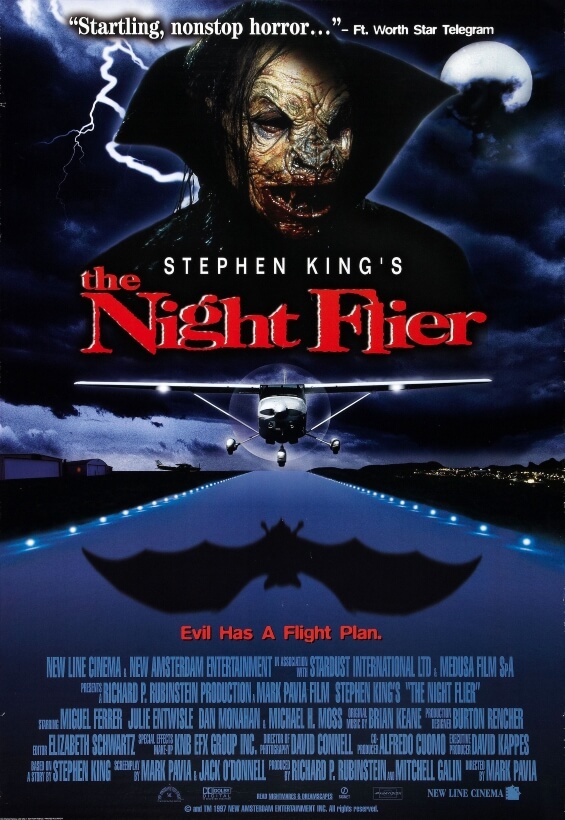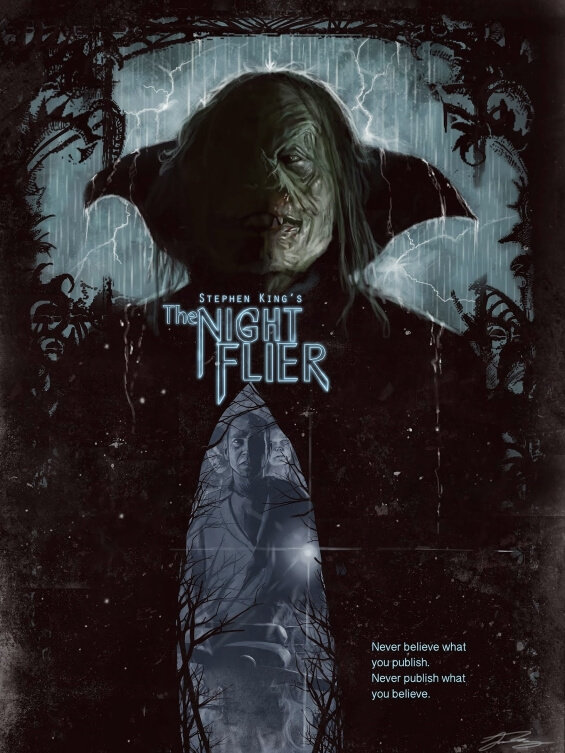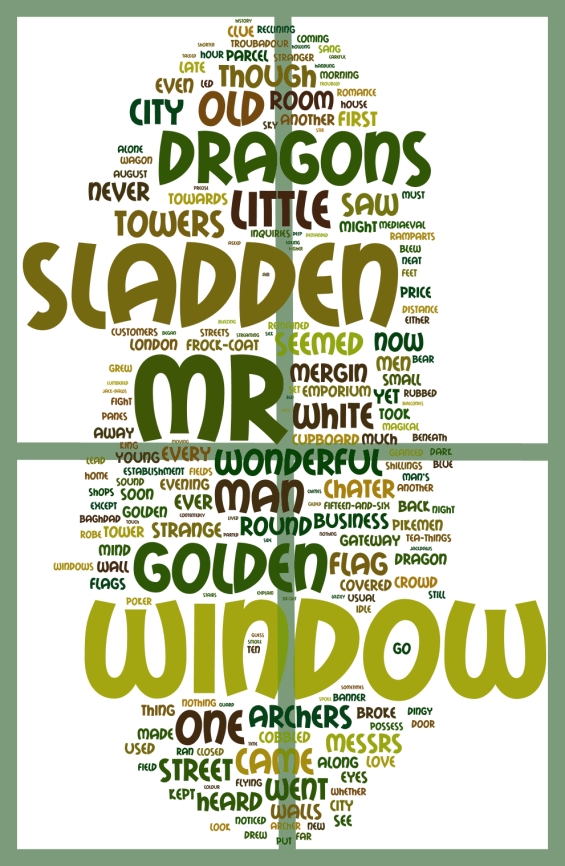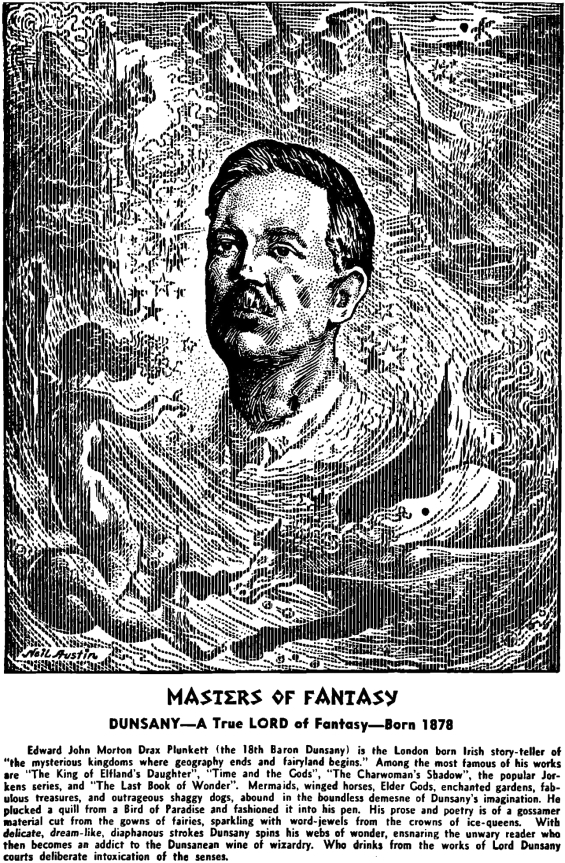
 The SFFaudio Podcast #635 – Jesse, Paul Weimer, Evan Lampe, and Trish E. Matson talk about Sin Hellcat by Lawrence Block and Donald E. Westlake
The SFFaudio Podcast #635 – Jesse, Paul Weimer, Evan Lampe, and Trish E. Matson talk about Sin Hellcat by Lawrence Block and Donald E. Westlake
Talked about on today’s show:
get Jesse, signature sign-off, Evan has no enemies, 1962, sexually frustratedly desperate, women dropping out, not a good book for me, VR sickness, movement sickness, reading with one hand, listening to this book, laughing out loud, the marital rape scene, get through this thing, i don’t like this book, plow through it, Helen, marrying, having affection for this kid, more money, Jesse can explain it all, the biggest hole in this book, a faulty horrible person, how they end up together, by either of those writers, a naughty romp, astonished by how dreary a lot of it is, his Madison Avenue adventures, casual homophobia, don’t judge it too harshly, two men working in an industry, film students who get hired for a job to shoot some movies (pornography), this is how they made a living, a lot of Lawrence Block’s life, more information about the writing of it, his own publishing company, commissions, is this a book by you?, John Dexter, Andrew Shaw, house names, the Allan Smithee, Nightstand Books, traveling salesman, the wrong back cover, gimme a sex book, stepsisters, stepmoms, frigid wife, lustful wanton, her passion locked within her, unnatural wants, Jodie, wild nights, sin and passion, money hungry soul, lustful wanton, no interest in talking about his wife, a bad polarity, each author, digressing, the way they wrote these, taking turns, they’ve got the cover, they’ve got the premise, 4.5 hours long, trying to avoid writing that chapter, the book starts splitting, kidnap a kid and take him to South America, the flashbacks, was this one you wrote?, I don’t believe so, who’s that?, not fair to Jody, one lust-filled orgy, observe the naked woman, a very strange market, silly, stupid, immoral, more like a Lawrence Block fan, the Chip Harrison books, the Matthew Scudder books, the Bernie Rhodenbarr, the Evan Tanner books, the Keller books, Small Town, kinky sex, pegged, live in ignorance, a good book, non-series books, No Score, a quest to lose his virginity, Chip Harrison Scores Again, a sex romp, a Rex Stout Nero Wolfe mystery comedy, Make Out With Murder, The Topless Tulip Caper, Archie Goodwin, just hilarious, a mystery series, its funny, not a book designed to be read more than 50 years later, still readable, a casual fag, slut talk, the rape scene, a requirement of them getting paid, every scenario, a whole lot of modern readers will not enjoy it, dreary in places, the 1950s consumerism, how to sell it, he’s in advertizing, the car he’s driving, the house, ennui, a successful post-war American man, unfulfilled, the boomers, a novel of the sexual revolution, younger people are having more fun than you, a consumer good, not fulfilling enough, the sexual escapades, caperish, their descriptions of things, ridiculous but fun, Brazil, surprise, the kid didn’t sound like a human being, an adult pretending to be a kid, so cartoonish, like The A-Team, those corporate shenanigans don’t matter, Mad Men, one ad firm, escape the banality of his existence, The Space Merchants by Frederik Pohl and C.M. Kornbluth, an extra scene where he has sex with his neighbours wife, funny lines, if this is a good plot, its a checkbox, adultery with a red-headed neighbour, the drama at the ad firm, betrayal, the author changes his mind, we’re going a different way, The Challenge From Beyond, a round-robin, H.P. Lovecraft, Frank Belknap Long, Robert E. Howard, C.L. Moore, A. Merritt, Stanley G. Weinbaum, Murray Leinster, like playing tennis and not frisbee, Naked Came The Manatee, Elmore Leonard, a meta-story, nobody wants to write this shit, we got enough, still generally pleasurable to read, Greenwich Village sex books, 69 Barrow Street, romance, Deathlands, saving the compound, preppers, remember Blockbuster Video, that section used to exist in bookstores, Pulp Fiction (book store), pornographic enjoyment, shoe brushes, not design, like a newspaper, the library doesn’t keep a copy, dime novels, books not read by people who study literature, Mechanic Accents by Michael Denning, a history of the dime novel, this working class, escapism, historical interest, not reading this stuff [is dangerous], Leopold Bloom, Ulysses by James Joyce, Block is very interested in having sex as a theme in his books, the third Burglar book, The Poodle Factory, she’s the John Watson, Burglars Can’t Be Choosers, a sex book, Westlake lasted a little longer in Science Fiction, disposable paperback books, I write for money, Lawrence Block talking about Donald Westlake, Hard Case Crime, writing with him, a novel about Bob Hope, The Comedy Is Finished, Memory, if it had sold he’d have explored that genre, the publisher said write more of this I can sell more of this, experimenting in the background, Ariel, Random Walk, racewalking, stamp collecting, he writes about what he knows, avenues that are explainable, a weird industry, not J.K. Rowling level of popularity, a guy who starts walking, maybe he’s Jesus (but probably not), collecting followers, a weird idea for a book, to see what sells, a comedic writer with a dark half, A Walk Among The Tombstones, the Matthew Scudder series, an ex-hooker, he knows a lot about sex, he did write these books, a new Lawrence Block and Donald Westlake book, its about the shaping of the industry, he’s still alive and still writing, still putting books out, super-anti-Trump, still engaged, his newsletter is his prose, every once in a while there’s a new Westlake coming out, Lawrence Block is in change of his estate, wrassle control, Westlakes’ stuff is less out there, more people in charge of making decisions, understanding story better, understanding writing better, understanding genres, Nancy Drews are formulas, a cozy feeling, space opera, interstellar stuff, pre-loaded, I feel cheated, the cozy chair, read for pleasure, it can be escape, this genre is very biological, the “biological relief” genre, you wrote a book over a weekend in the 1960s, the third novel, the best of the three, Circle Of Sinners, Hal Dresner, an apprenticeship for Midwood Books, Nightstand Books, lesser writers, 1959, the Hotel Rio, until we had a book, A Girl Called Honey, we stopped when we had a book, “To Don Westlake and Larry Block who introduced us”, $600, So Willing, not a lot of money, Hellcats And Honeygirls, Subterranean Press, a disposable story, fascinating, the used bookstore, you have to ask for them at the specialty bookstore, reading old Playboys, the sex in here is very well written, a sex scene, they don’t know, tab a into slot b, when these guys write those scenes, a nipple here or there, a talent for writing, some very clever wordplay, sex in audiobooks is harder to skim, maybe 10 sex scenes, perfectly good scenes, going to the hotel, the squeaky noises on the bed, a honeytrap, why did he ever marry Helen?, the pleasures of the virgin bride, why?, a lot of people do inexplicable things, to explain why he couldn’t annul the marriage, not a sexy scene at all, the Jewish secretary, she’s got claws, designed to sell to everybody, you’re an old sultan and I’m a young boy, I’m pregnant, designed to sell to everybody, this is the wrong kind of sex for me, frigid, getting somebody’s rocks off, the legality then and now, talking about all the abortions and condoms, right before the birth control pill, “a thingy”, got a baby in her, you feel dirty when you write it that’s why you don’t put your name on it, a lot of excuses, these are fantasy books, it doesn’t go in that direction at all, an original thinker, dark eyed boys, staying at the YMCA, lesbian pulp, gay pulp was not as big, straight pulp, cover up the fact that its a man, most women are probably not masturbating to romance novels, the Deathlands and Wasteland novels, masturbating while holding a gun, sexuality is a lot freer now, pornography is available, free online, there’s no guilt in this book, the culture behind this genre, it is a confessional, Helen Gurley Brown’s Sex And The Single Girl, the Kinsey Report, based on interviews, who do you have sex with?, Dr. Alan E. Nourse, being honest about it, coming out, Helen being frigid is that she’s not interested in men, bodily functions are a disgusting, angel whore territory, loveable whores, a gothic romance, this book of checkmarks, it seems to follow genres, cartoon porn, fake superhero porn movie, The Boys, A Train does a B train, a license to write about all the weird sexual behaviors, a Doctor Pseudonym, a scientific thing, sexual perversion among the hippies, a whole genre in the 1960s, we don’t have these sex books, in the 1930s, these special books, French Follies, manuals on how to do stuff, the intersection between industry and popular culture, books serve a function, how liberated everybody is from guilt feelings, that’s liberating, religious hangups, fairly sophisticated, understanding reality, you should read a romance novel, as a genre they’re not good, gun polishing books, no intellectual heft, that’s what reading should be about, rocketships and rayguns, saying the opposite, science fiction, here’s a way of understanding reality, this particular instance of this fact about reality is important to this story, that’s science fiction, doing another kind of science fiction, Aurora, busting balloons, what’s the reason people don’t like Kim Stanley Robinson’s Aurora, interstellar travel, expanding possibilities, this gigantic part of science fiction: forget about it, the novel’s message is you’re a bad person, anything like Star Trek isn’t science fiction (of a certain type), it hurts in the same was as The Cold Equations does, shrill evil, bad characterization, felt attacked, mundane SF, a manifesto of that movement, is it likely we are going to be travelling to other stars?, generation ships?, walling off, sense of wander, fixing earth and making Earth better, Time Out Of Joint‘s message, one happy world, standing in opposition, protesting a little too much, it strikes too close to the heart, fascists going to space, we shouldn’t be Nazis and go out to space, Philip K. Dick, all a boondoggle, they were conquerors when they left, the grand project of colonizing another planet, we can’t live there, Elon Musk wants to move to Mars, is he deluded, what would Paul say?, from an objective point of view, fix our own planet, Earth will be fine, that’s the reality, there’s no Earth 2, the “Goldilocks zone”, ooh its a possibility, lottery tickets, its not made for us, we have a life support system in our bodies, space mining, maybe they’ll mine the Moon, The Moon Is A Harsh Mistress, but why?, 2312, The Green Earth, human colonies across the inner solar system, Icehenge, it has to be something new, a new social system, the problem with Elon Musk, laying keels for starships, Matchess , dilithium crystals are bullshit, keep our feet on the ground, leave the rest of the universe to itself, an impoverishing view, a bad person for liking space opera, the emergent message of the novel, rebuild the earth, science fiction is always about us at the end of the day, when SF isn’t about us, Ted Chiang, the reason he does those aliens, isn’t it weird we can’t communicate with animals, what is communication?, a subset of us, language and time are connected, dogs don’t understand pointing, an invisible line, Arrival, Story Of Your Life, The Great Silence, I wrote this big book to disabuse you of a false belief you have about reality, space opera is bullshit, The Mandalorian, different ways of living, you’re not allowed to watch Star Trek because its unrealistic, following the rules of physics, its painful, they don’t want math to be true, F=MA, you got a certain kind of cancer you’re gonna die, from the book:why the great silence exists, life is a planetary expression, is he wrong?, too – far – away, its something you need to hear, a way of coping, this is the pain that H.P. Lovecraft felt and is true, Douglas Adams, the comedy isn’t finished, some UFO pictures, it’d be cool but just ain’t true, can I still enjoy this thing?, you’re deluding yourself, magic is bullshit, reading fantasy, should we not read J.R.R. Tolkien?, space opera is fantasy, medicine, Kim Stanley Robinson, very fruitful, this book pressed Paul’s button, almost like a religious belief, they don’t grow their own food, O’Neil Cylinder, water’s being recycled from your poo, if we get post-scarcity, the keel’s not the problem, a car in space, cars drive on roads yo, putting a teapot in orbit around Jupiter, no deckplates with artificial gravity, a metaphor, why Star Trek: Discovery doesn’t make any sense, it aint science fiction, its just drama, why its no good, prestige TV might be reaching its limit, they’re not interested in anything except people’s feelings and emotions are drama, old Dexter, noticing it everywhere, its really grating in Star Trek: Picard and Discovery, we weren’t on the starship for his tea Earl Grey Hot, imagine conducting foreign policy without couping other countries, why its horrible, working through his trauma, General Hospital, life is mostly mistakes, the counter keeps going up, I’m being wrong on the internet, you are your worst critic, don’t take Kim Stanley Robinson personally, reviews from strangers, external affirmation is dangerous, not being a real fan, the Hugo nomination, is this good, I’m improving, Jesse knows he’s not the greatest cartoonist, draw a little Groo, Sergio Aragones, those star reviews, Paul takes pictures at the wrong time, a false conclusion, Evan’s teaching art history, Byzantine is worse than Medieval art, what was considered good art, art is chaos now, in the Dutch republic in the 18th century, there is no real, Jason Thompson, The Strange High House In The Mist, the US Department Of The Interior, there’s lot of different ways of doing stuff, if you don’t do well with a beard shave your head, “real photographers”, one perfect shot, how dare you sir, all sorts of different place, talking across continents, Treknomics, applying this stuff to our own planet, the economics of Star Trek, Dreamsnake by Vonda McIntyre, Smoke by Donald E. Westlake, you have any eyeballs, you have no nerves, psychological torment, today’s novels are way too long, they want three books 800 pages long, The Poppy War by R.F. Kuang, an 1800 word story by Edgar Allan Poe, The Stand, non-cringey sex scenes, he’s a committed monogamist, Block is the Jew, incidental to his sexual adventures, wrong about politics, you can like somebody who has bad opinions about stuff, some New Yorker article, “Imma letchoo finish, but Edward Page Mitchell has one of the best cases for this title.” The Man Without A Body by Edward Page Mitchell, A Quest to Discover America’s First Science-Fiction Writer, 1877, hard SF, a talking head, how’s Birch?, really bitey, very vocal, brotherns and sisterns, an interesting conversation, no humans were injured in the making of this book.
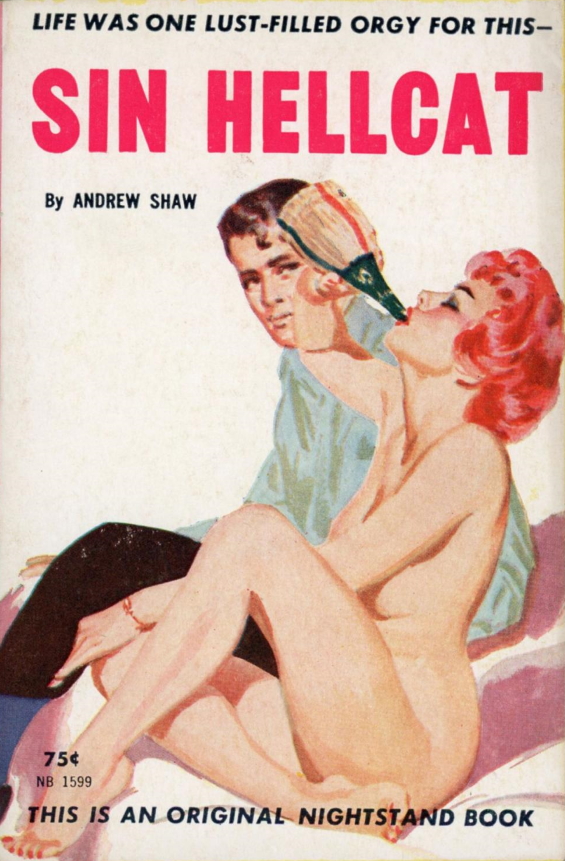
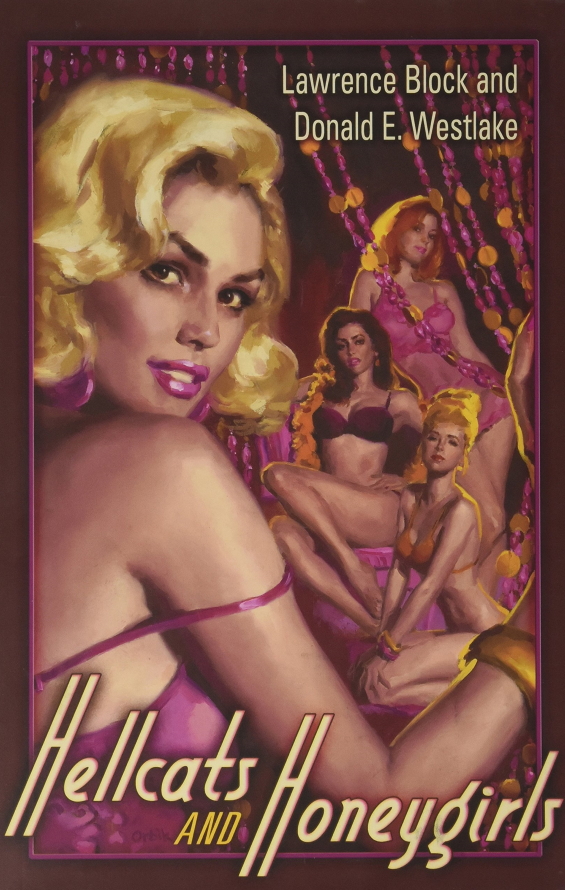
Posted by Jesse WillisBecome a Patron!

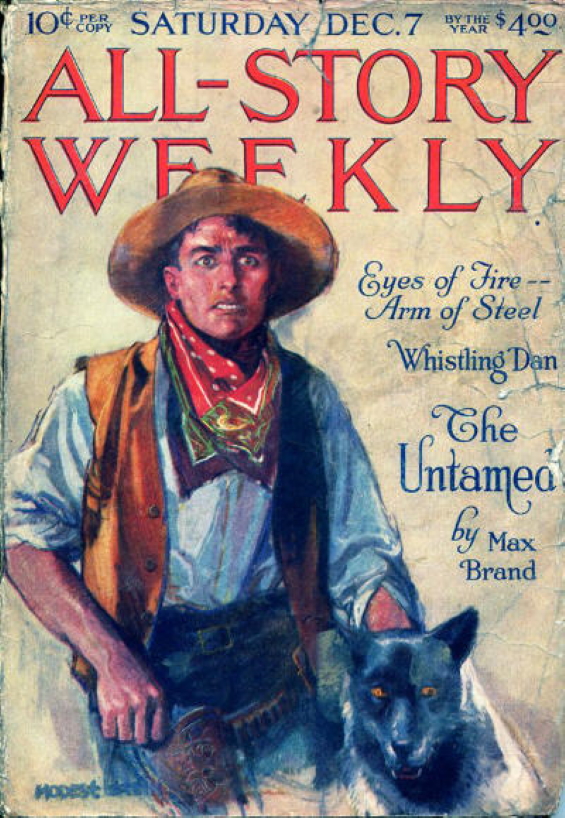
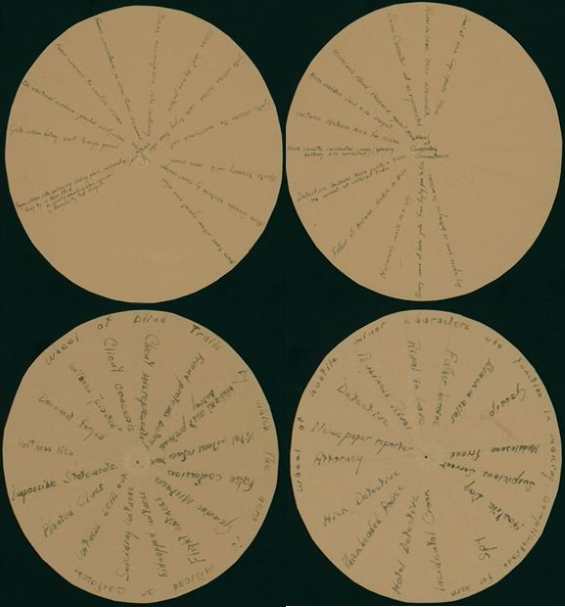
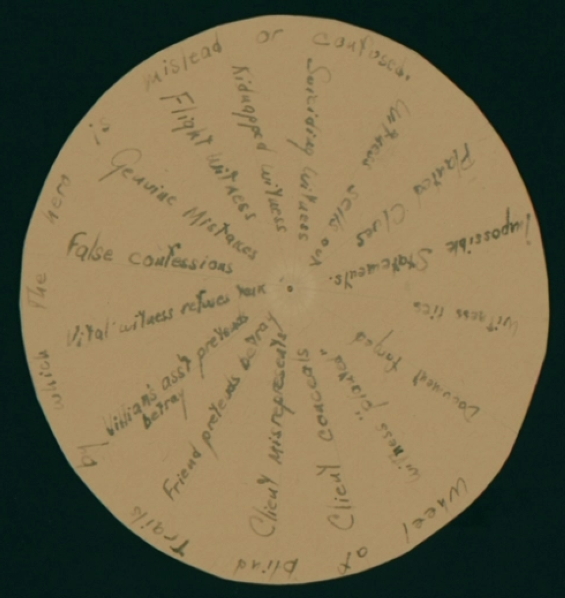
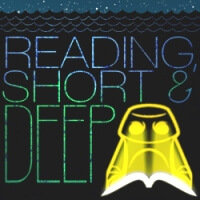 Reading, Short And Deep #170
Reading, Short And Deep #170